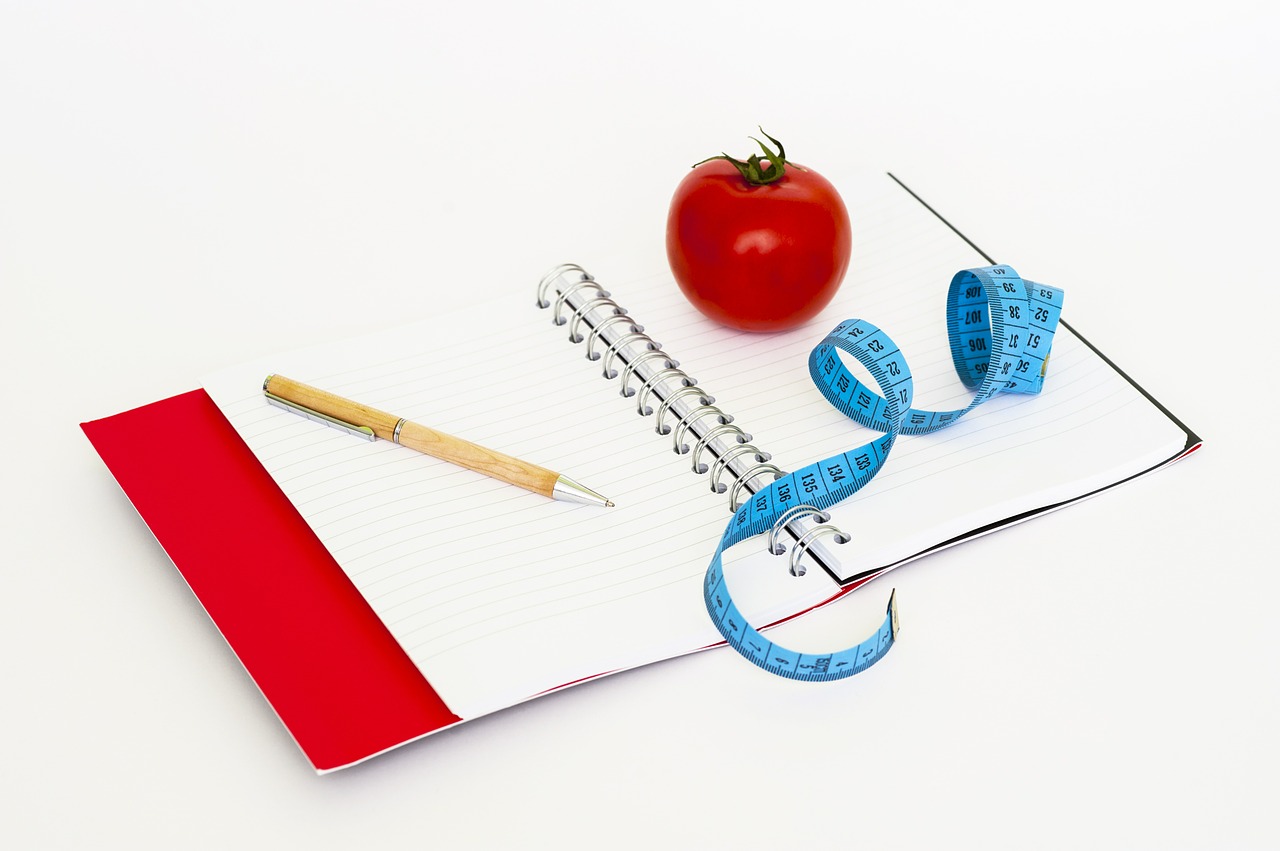
Count Calories not Carbs
Remember the 1990s? Grocery shelves were full of fat-free food products in reaction to the theory carbohydrates were good and fat was bad. As Americans ate pounds of high sugar, low-fat products, our nation only became bigger.
Now, the pendulum has swung and labeled all carbohydrates as bad. When I go grocery shopping, I can no longer find some of my favorite low-fat salad dressings because they have been replaced with carbohydrate-free versions. This worries me because it is essential to consume carbohydrates such as fruits, vegetables and whole grains. In addition, low-carbohydrate diets are giving the public the idea that calories don’t count. All calories from fat, carbohydrates, protein and alcohol add up. At the end of the day – it’s calories in versus calories out.
It is possible to lose weight on a low-carbohydrate diet, but you can also lose weight on a low-fat diet as long as you consume fewer calories than you expend. A low-carbohydrate diet can also cause you to gain weight, just as you can on a diet high in carbohydrates and low in fat. Protein and fat are more satisfying than carbohydrates, but some high-fat foods can cause health problems. How much is enough? Should you cut back? What foods should you eat and just how many carbohydrates, fat and protein should you consume?
Start by determining your daily caloric goals and then break those calories into percentages of carbohydrate, fat and protein. A licensed nutritionist or dietitian can help you accurately determine these figures.
The USDA Web site, www.mypyramid.gov , can also help you design a healthy diet. The USDA recommends a diet that is about 55 percent carbohydrates, 15 percent protein and no more than 30 percent fat. Be sure to pay attention to the type of fat in your diet. Unlike the mono-unsaturated fats, too much saturated and trans fat may elevate your cholesterol. Limit saturated fat by preparing dishes with lots of vegetables and a small amount of skinless chicken, fish or very lean meat. Nutrition labels indicate the type of fat in a food product.
Another helpful technique is to keep a food log. It will help control your intake because it forces you to think about and see how much you are eating. This is a great method for self-accountability. Do not obsess, but carry around a notebook and write down how much food you consume and the size of the portion. Later each day or each week, calculate your nutrient and caloric intake. There are various resources available to do this such as nutrition software, Web sites, books, or nutritionists.
Finally, remember that it is possible to eat your favorite foods in moderation. Portion control will help limit your calories and you will find yourself less deprived.
Christine H. Haas M.S., C.N.S, C.P.T., is a NASM certified personal trainer and licensed nutritionist. Always consult your physician before beginning or changing your nutrition habits.

No Comments